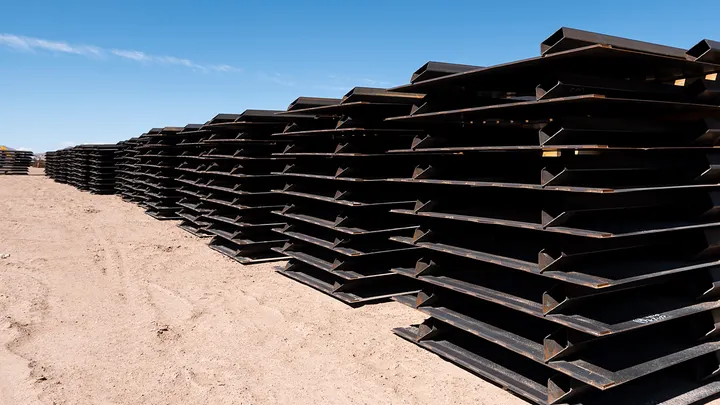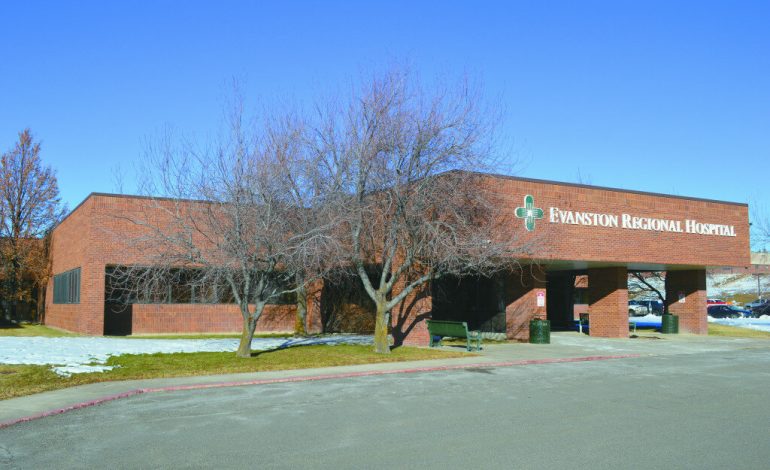Evanston Regional Hospital has announced it will discontinue its labor and delivery services next week, citing a “steady decline of demand,” Wyoming News Now reports.
This closure marks the fourth Wyoming facility to cease such services since 2016, contributing to the state’s growing list of “maternity care deserts.” According to the March of Dimes, five Wyoming counties were already classified as maternity care deserts as of last year.
The decision by Evanston Regional Hospital reflects broader challenges facing maternal healthcare in Wyoming. Declining birth rates, reduced demand, and financial struggles have made it increasingly difficult for hospitals to maintain labor and delivery units. Medicaid births, which constitute roughly one-third of all births in Wyoming, often come with lower reimbursement rates.
Governor Mark Gordon has requested $2.4 million in supplemental budget funding to better reimburse hospitals for Medicaid births. Advocates, such as Rebekah Hazelton, director of the Wyoming Women’s Foundation, see this as a positive step, though the issue remains complex.
“Labor and delivery services in Wyoming are not paying for themselves, even at the market rates,” Hazelton explained. “With relatively few births in Wyoming and a declining birth rate, it’s challenging for facilities to sustain these services.”
The decline in birth rates has not only reduced demand but also limited providers’ opportunities to practice in birthing rooms, potentially affecting the quality of care. Meanwhile, ongoing abortion-related litigation and anticipated legislative changes have contributed to uncertainty, prompting some physicians to leave the state. Hazelton noted that vague laws around reproductive care have created a climate where providers fear potential legal repercussions for offering necessary services.
Improving maternal healthcare access has been a focus for Governor Gordon, whose Health Task Force includes an OB Subcommittee dedicated to addressing the issue. However, progress has been slow. The Labor, Health, and Social Services Interim Committee identified maternal health as a key topic, but recent legislative turnover following elections means new lawmakers may lack familiarity with the problem.
“A lot of the legislators that are new won’t have benefited from that interim study,” Hazelton said. “We’ll be kind of starting over to educate them about the problem, in terms of advocates for moms and babies in Wyoming.”
Advocates and state officials are working on potential solutions, but as of now, no bills addressing the issue have been drafted for 2025.









